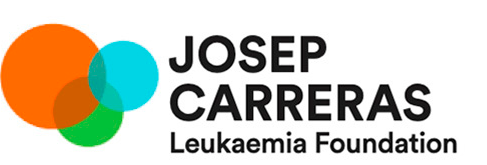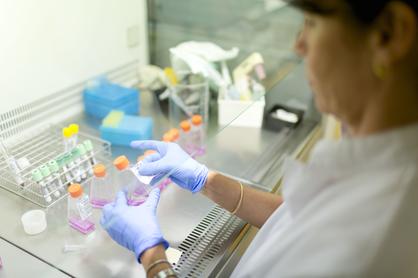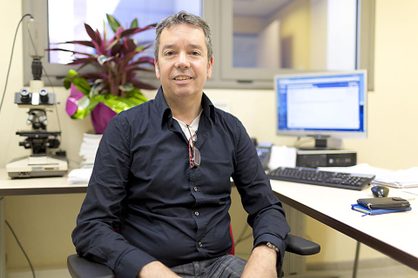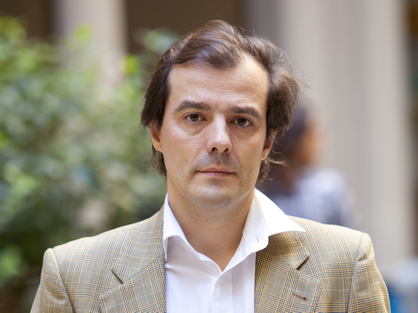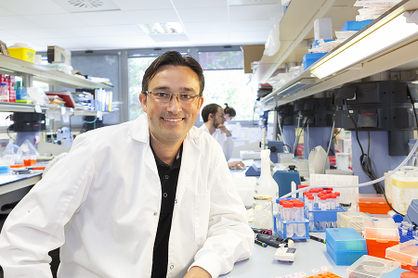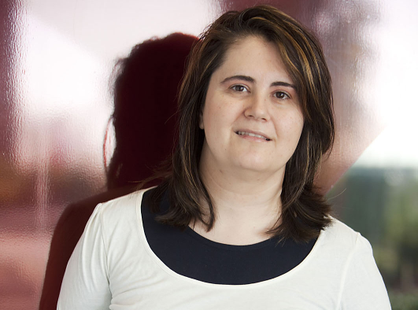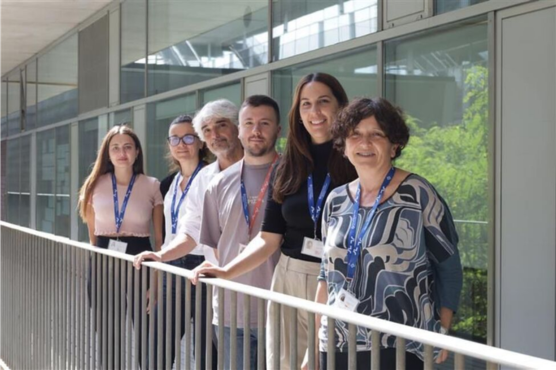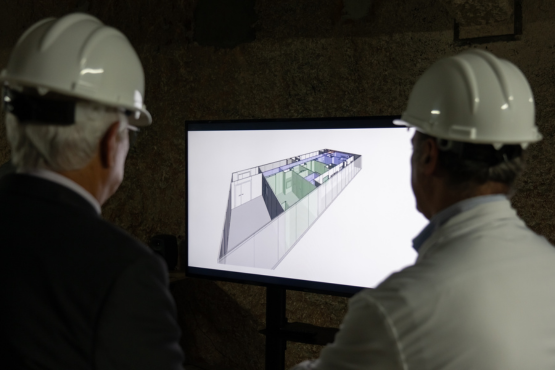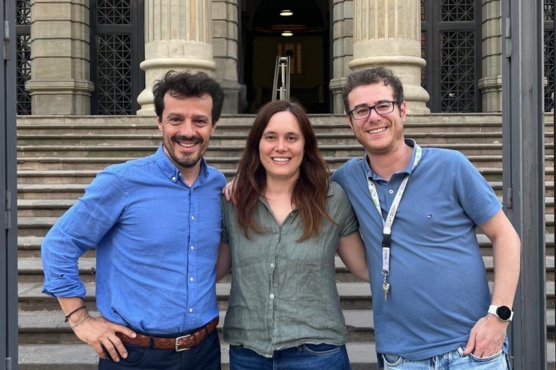-
The German headquarter of the José Carreras Foundation (Deutsche Josep Carreras Leukämie Stiftung) has allocated around one million euros to fund four research projects of the Josep Carreras Leukaemia Research Institute carried out in collaboration with German scientists.
-
These projects, which will be developed at the Campuses Clinic UB and ICO-Germans Trias i Pujol of the Josep Carreras Leukaemia Research Institute, CERCA centre of the Catalan Government, aim to perform basic, translational and clinical research in the field of leukaemia and other haematological malignancies, especially myelodysplastic syndromes.
The José Carreras Leukaemia Foundation in Germany, created in 1994 by the Catalan tenor and twinned with the Spanish Foundation (born in 1988) has allocated around one million euros to four research projects, which are joint collaboration between researchers of the Josep Carreras Leukaemia Research Institute (IJC) and German researchers. The German organization has a long history of providing grants to fund leukaemia research laboratories in Germany, over the years it has granted more than 150 million euros (more than 3.5 million euros in projects to be developed in 2015, including those mentioned above). The German José Carreras Foundation has also funded the development of the Umbilical Cord Bank of Barcelona and research projects at the Autonomous University of Madrid and the Vall d’Hebron Hospital Germans Trias i Pujol in Badalona and Barcelona respectively.
The Josep Carreras Leukaemia Research Institute has a clear international vocation and opts to establish a 360° type of research (basic, translational and clinical) collaborating with scientists around the world to take a deeper look at leukaemia and other malignant blood diseases and be able to obtain global results more quickly.
In particular, the winners of these awards are:
Project: Application of comprehensive MDS diagnostics
- IJC Investigator: Dr. Francesc Solé, Research Director at Campus ICO-Germans Trias i Pujol of the Josep Carreras Leukaemia Research Institute
- German Research Partners: Prof. Detlef Haase and Dra. Christina Gangster from the School of Medicine at Georg-August-Universität Göttingen.
Myelodysplastic syndromes are currently diagnosed without taking into account the genetic changes underlying the symptoms. Next generation sequencing and other analytic techniques will be able to analyse single changes in the genetic code of patients to identify the different types of the disease from a blood sample. The objectives include using more accurate methods to correctly diagnose more patients earlier better.
Project: Identification of fusion proteins in t (4; 11 ) Mixed Lineage Leukemia
- IJC Investigator: Dr. Pablo Menéndez, Research Director at Clinic-UB Campus of the Josep Carreras Leukaemia Research Institute.
- German Research Partners:Prof. Rolf Marschalek, Institut für Pharmazeutische Biologie, Goethe-Universität
The MLL form of Acute Lymphoblastic Leukaemia with the translocation t (4;11) is lethal and is the most frequent type of prenatal leukaemia. Today, there is no agreement on the exact mechanisms or from which type of cell it originates. This project will use a mouse model and a human cell model in the laboratory to discover the exact mechanism, with a view to correcting it and preventing the disease.
Project: The role of Polycomb complexes in the development of MDS and its evolution to AML
- IJC Investigator: Dr. Marcus Bushbeck, currently of the Institute of Predictive and Personalized Medicine of Cancer, IMPPC, joining the IJC in January 2015.
- German Research Partners:Dr. Katharina Götze of the Medizinische Klinik at the Isar Technishcen Universität, München.
Myelodysplastic syndromes are diseases that occur in the bone marrow during the process of producing new blood cells from stem cells. Recent research has found some changes in the genetic code that affect how it is packaged and therefore how it functions in the stem cells. This project will combine a complex molecular analysis of these changes of structure deep within cells with a study of symptoms in patients carrying these changes in order to find out more about the mechanism of the disease and how to identify it early on in in patients.
Project: Cause of mitochondrial iron overload in sideroblastic anemia
- IJC Investigator: Dra. Mayka Sánchez, currently of the Institute of Predictive and Personalized Medicine of Cancer, IMPPC, joining the IJC in January 2015.
- German Research Partners:Prof. Norbert Gattermann, of the Haematology Department at the Heinrich Heine University in Düsseldorf
A subgroup of patients with myelodysplastic syndromes have sideroblastic anemia and accumulate large quantities of iron in their cells. A specific genetic mutation can be identified in most of these patients, although the exact mechanism of how they accumulate iron isn’t known. MDS patients with sideroblastic anaemia do not usually go on to develop leukaemia, but they suffer from chronic anaemia and cell damage from the iron overload. This research aims to understand the mechanisms and provide treatments for this condition.

